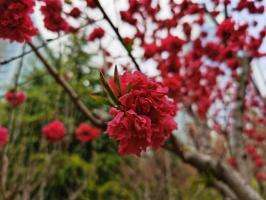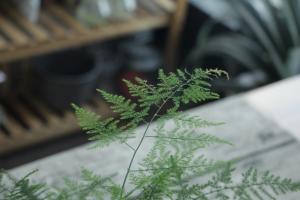Will Soap and Water Hurt Plants
Soap and water are common household cleaners that are easy to access and use. They have many uses, such as washing dishes, cleaning floors, and even washing clothes. However, one question that comes to mind is whether or not these cleaning agents can harm our plants? Although soap and water can be useful for tackling pests and cleaning surfaces, they can also have some negative effects on our plants. Let's explore the impact of soap and water on our beloved plants.
Why do People Use Soap and Water on Plants?
Many people use soap and water to clean their plants or to get rid of pests that they notice on their plants. These two items are a cheap and effective way to clear away any dirt or grime that may have accumulated on plant leaves. Additionally, soap can be used to spray on plants to eliminate certain pests, such as spider mites and aphids. The soap can also create a barrier on the plants, which prevents further pests from harming the plants.
Can Soap and Water Harm Plants?
Yes, soap and water can harm plants. Although these cleaning agents are useful for removing pests and cleaning plant surfaces, they can also cause problems for our plants. Soap can remove the protective wax that exists on the leaves of plants, which can make them more susceptible to diseases and pests. Additionally, using too much soap can cause plants to dry out and become dehydrated.
How to Use Soap on Your Plants
If you do choose to use soap on your plants, it is best to follow a few simple rules. Firstly, it is important to dilute the soap before you use it on your plants. A good rule of thumb is to use no more than 1-2 teaspoons of soap per gallon of water. Additionally, it is best to use a mild, liquid soap, such as dish soap or castile soap, as opposed to harsher soaps that may contain chemicals that could harm your plants.
It is also important to avoid spraying soap on your plants during the hottest part of the day. Instead, you should spray your plants in the morning or evening when temperatures are generally cooler. This will help prevent your plants from drying out and becoming dehydrated due to the sun's heat.
Alternatives to Soap and Water
If you are concerned about using soap and water on your plants, there are many alternatives that you can explore. For example, you can use neem oil, which is an organic and natural insecticide. Additionally, you can use essential oils, such as peppermint or lavender, to help deter pests. Another option is to use natural methods, such as companion planting or introducing beneficial insects, such as ladybugs or praying mantises, to your garden.
Conclusion
Soap and water can be a useful tool for cleaning your plants and controlling pests. However, it is important to use them properly and in moderation. Always dilute your soap, use a mild soap, and avoid spraying during the hottest time of the day. By following these tips, you can keep your plants healthy and thriving without the risk of harming them with soap and water.

 how many times do yo...
how many times do yo... how many planted tre...
how many planted tre... how many pine trees ...
how many pine trees ... how many pecan trees...
how many pecan trees... how many plants comp...
how many plants comp... how many plants can ...
how many plants can ... how many plants and ...
how many plants and ... how many pepper plan...
how many pepper plan...































